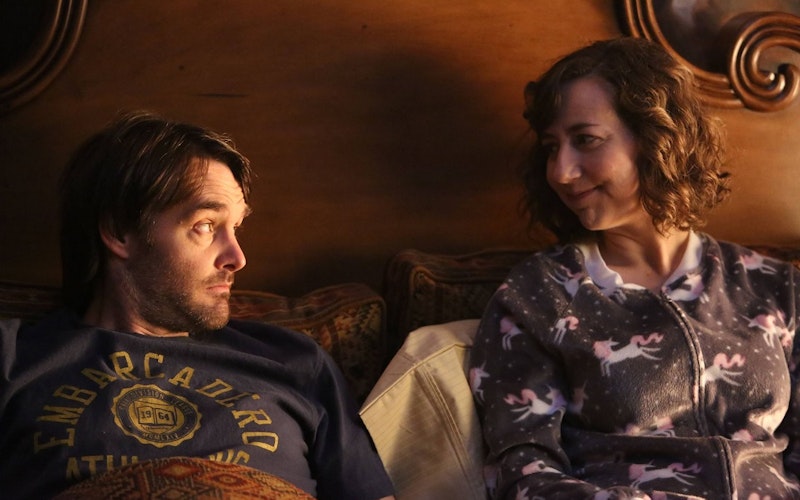
TV
Seeking agape in The Last Man on Earth
Most movies and television shows depict romantic love as an uncontrollable cosmic event. The “meet cute.” Love at first sight. Cupid’s arrow. In this way of thinking, love is a force of nature, powerless to resist.
But believing in a star-crossed, chemistry-coerced, soul mate sort of love has an ugly, unspoken aftermath. What happens when that one special one doesn’t feel so special? What happens when we “fall out of love?” In this case, leaving a relationship becomes as unavoidable as joining. So it’s not selfishness, immaturity or brokenness that’s the problem – the fates just didn’t align.
Up against this idea stands the new show The Last Man on Earth, which pulls away the shallow, romantic sheen and shows the true selfishness of this way of thinking. Phil Miller (Will Forte) is, to his knowledge, the last human being on earth after some sort of apocalyptic plague. When we meet Phil, he is wandering through an empty America, searching for signs of life.
Out of the gate Last Man makes it obvious this is going to be unlike anything else on television. The cinematography, especially in the pilot episode, feels like it belongs in a movie. The dialogue of Phil talking to himself, praying to God or having a Tom-Hanks-in-Cast Away Wilson moment, is sparse. Did I mention that all of this is somehow also hilarious?
Forte’s comedic chops are so strong I could have watched several episodes of him roaming isolated through the world. But a twist at the end of the pilot reveals there’s at least one other person on the planet: a woman named Carol (Kristen Schaal). Both Carol and Phil are desperate for human connection. They also deeply dislike each other, largely because their coping mechanisms for making it through post-apocalyptic life are fundamentally different.
If Carol and Phil are ever going to “fall in love,” it won’t be an instance of romantic fate.
Phil, like the Biblical Adam, recognizes it really isn’t good for man to be alone. Yet Carol presents another problem. She forces Phil to see his life for what it is: the worst kind of bachelor pad existence. (One example is the diving board and pool Phil uses as a toilet.) Carol fits none of Phil’s expectations. She is a real person with her own complex needs, values and issues. Her presence forces him to decide if authentic human connection is worth the sacrifice. If Carol and Phil are ever going to “fall in love,” it won’t be an instance of romantic fate but the result of a choice - a commitment to choose love and intimacy over comfort and isolation.
As the show has evolved, it’s continued to explore what true human connection is. For Carol, love ultimately is a choice, even if that choice is her own form of safety. She chooses to love and in so choosing commits for life. For Phil, human connection is a feeling, and he pursues what makes him feel good almost exclusively. Phil’s halfhearted commitment to Carol is squirmingly uncomfortable because Phil is revealing our inner id. We all are tempted to be Phil - to love only on our own terms and only when the other person makes us feel special. And to bail when it gets inconvenient.
We are sporadically given signs that Phil might learn a more beautiful form of love, like that seen in 1 Corinthians 13: one that is patient, kind, not arrogant or self-seeking. A love that chooses the good of another, because choosing to love is what creates, sustains and enriches life. In naming this love agape, Paul sets it apart from the lesser, selfish loves common to the world. It’s a love that finds its roots in a self-fulfillment that comes from God, and freely offers this fulfillment to another.
Like so many shows, I don’t think The Last Man on Earth realizes how profound it’s being. In recent episodes, the show seems less insightful and more stuck, lingering on Phil’s selfishness as a source of awkward humor. But at its best Last Man captures agape love. A love based on choosing, not falling. To the extent that it keeps grappling with that, I’m in.
Topics: TV, Culture At Large, Arts & Leisure